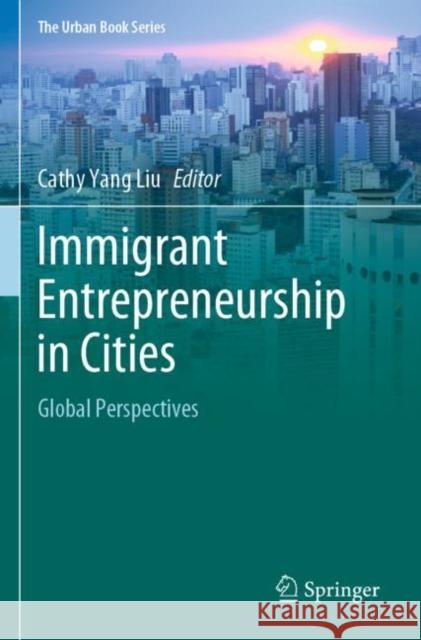Immigrant Entrepreneurship in Cities: Global Perspectives » książka
topmenu
Immigrant Entrepreneurship in Cities: Global Perspectives
ISBN-13: 9783030503659 / Angielski / Miękka / 2021 / 277 str.
Immigrant Entrepreneurship in Cities: Global Perspectives
ISBN-13: 9783030503659 / Angielski / Miękka / 2021 / 277 str.
cena 603,81
(netto: 575,06 VAT: 5%)
Najniższa cena z 30 dni: 578,30
(netto: 575,06 VAT: 5%)
Najniższa cena z 30 dni: 578,30
Termin realizacji zamówienia:
ok. 22 dni roboczych.
ok. 22 dni roboczych.
Darmowa dostawa!
Kategorie BISAC:
Wydawca:
Springer
Seria wydawnicza:
Język:
Angielski
ISBN-13:
9783030503659
Rok wydania:
2021
Wydanie:
2021
Numer serii:
000789133
Ilość stron:
277
Oprawa:
Miękka
Wolumenów:
01











